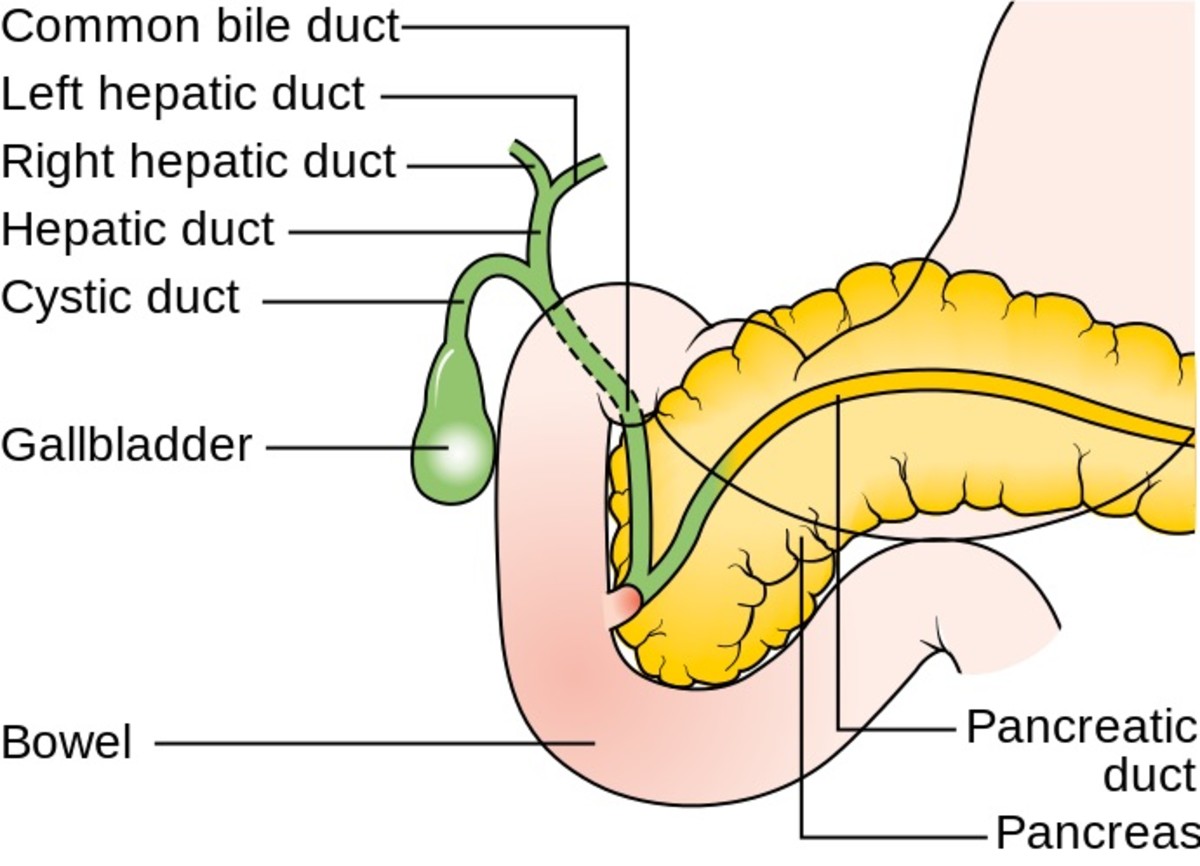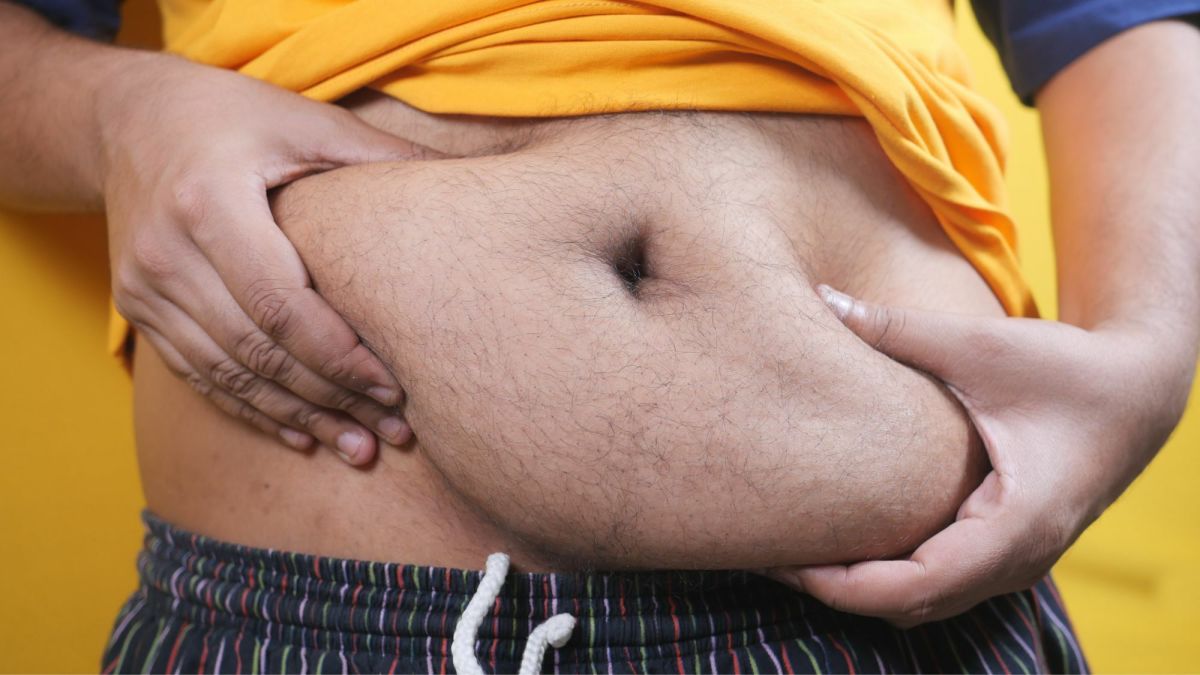The Dangers of Obesity and Excess Weight

Being overweight is not just a matter of how you look. If you are overweight you are more likely to die younger than a person of normal weight. If you are obese, which means being at least 20% overweight, you are 2-3 times more likely to die prematurely. If everyone in the UK was of normal weight we would live on average 3 years longer and there would be 25% less coronary heart disease. 1 in 10 deaths are linked to obesity.
When you carry too much weight you are carrying excess fat. But it is not only the AMOUNT of excess fat that matters, WHERE it is in the body is important too. The more fat that is within the abdomen, or the larger the waist, the greater the risk of premature death, especially from heart disease. Fat on the thighs is less of a medical problem. It's better to be pear-shaped than apple-shaped!
Being overweight makes you less fit and mobile and more breathless. It is also linked to several conditions which carry a risk of premature death. The main ones are angina and sudden death due to a heart attack, both of which are due to coronary heart disease. In fact, apart from high blood cholesterol and age, carrying too much weight is the most important risk factor for coronary heart disease. One large study of nurses showed that about 40% of all heart disease in women was due to excess weight.
What is the cause of the problem?
One reason for this is that type 2 diabetes (non-insulin dependent diabetes), which is a risk factor for coronary heart disease, is more common in the overweight. Men in their 40s, who are more than 24% overweight, are 10 times more likely to develop this type of diabetes. Those who are 40% overweight are 77 times more likely to develop diabetes - a disease which may lead to reduced life expectancy and complications such as kidney failure.
Obese women also have an increase risk of some cancers including uterine, cervical, ovarian, breast and cancer of the gall bladder. Overweight men have an increased risk of cancer of the colon, rectum, and prostate. Severely obese people may also have an increased risk of cancer of the stomach, pancreas and kidney.
Other conditions linked to excess weight include wear-and-tear joint disease, gallstones, hiatus hernia, vein thrombosis, heart failure, poor lung function, skin problems and depression. Obese people also more likely to suffer surgical and pregnancy complications and are more prone to accidents. Obesity is also a cause of infertility.
So what should you do if you are overweight?
First, unless you've only a few pounds or kilograms to lose, forget about so-called 'target' or 'ideal' weights. It can be mind-blowing to know that you have to lose 3 or 4 stones. It is much better settle for a modest weight loss of 1/2 to 1 kg a week and aim to lose only around 5 to 10kg. Losing a modest amount of weight is easier to achieve AND TO MAINTAIN - that's the important bit! - It also brings about significant health benefits.
What are these benefits?
A weight loss of 5 to 10 kg, or 5 to 10% of body weight, lowers the risk of developing high blood pressure, high blood cholesterol, type 2 diabetes, coronary heart disease and stroke.
Premature death from disease is reduced by at least 20%, with a more than 40% reduction in deaths from obesity-related cancers (breast, uterus, ovary, cervix and gallbladder). In type 2 diabetes, which is often obesity-related, life expectancy is increased by 3 to 4 months for each kilogram of weight lost.
A weight loss of 5 to 10% improves back and joint pain and breathlessness and lowers the frequency of sleep apnoea (the condition in which heavy snorers stop breathing for prolonged periods).
So, if you are overweight or obese, aim to lose 5 to 10 kg and to maintain this weight loss. This will require long term modification in lifestyle (exercise and diet). Eat three regular meals with at least five portions of fruit and vegetables each. In time, if you have maintained this weight loss, you can aim to lose a further 5 to 10 kg.
But remember: slowly, slowly is the key.









